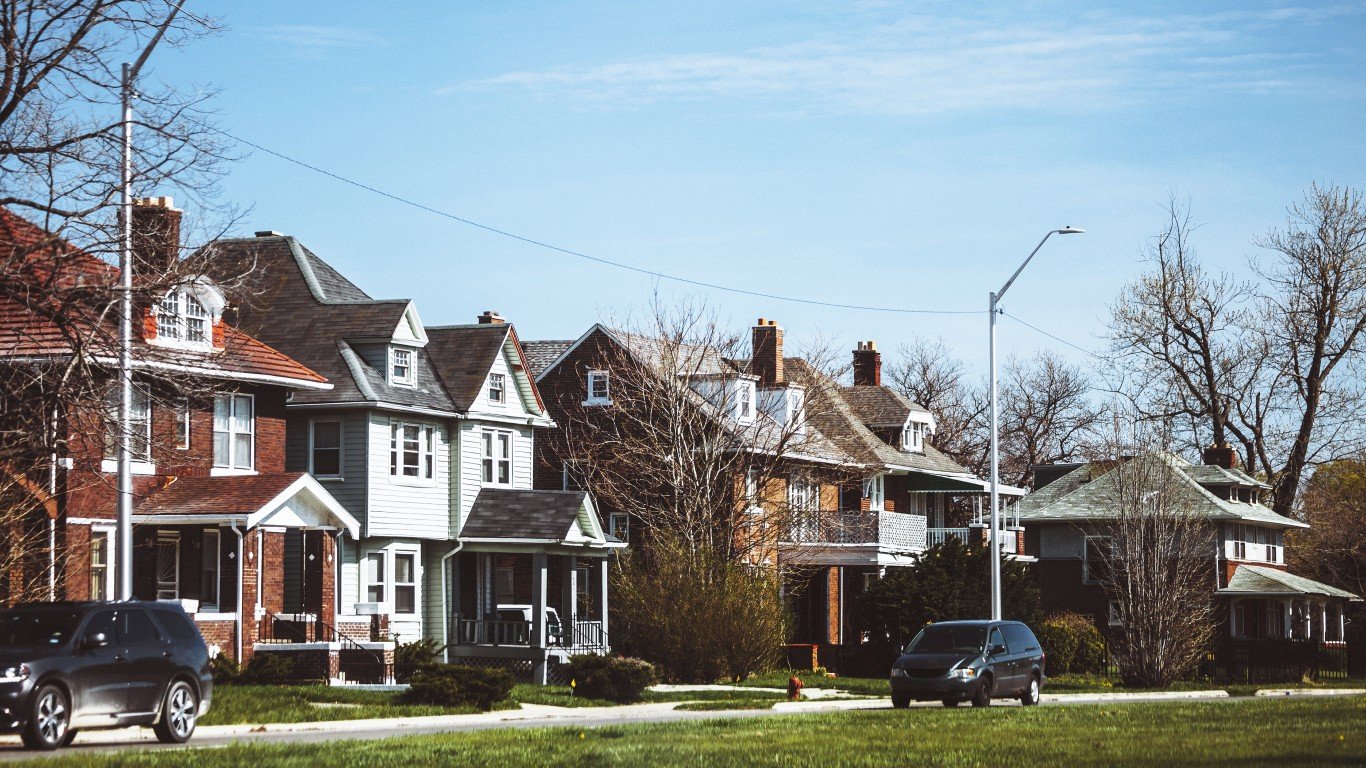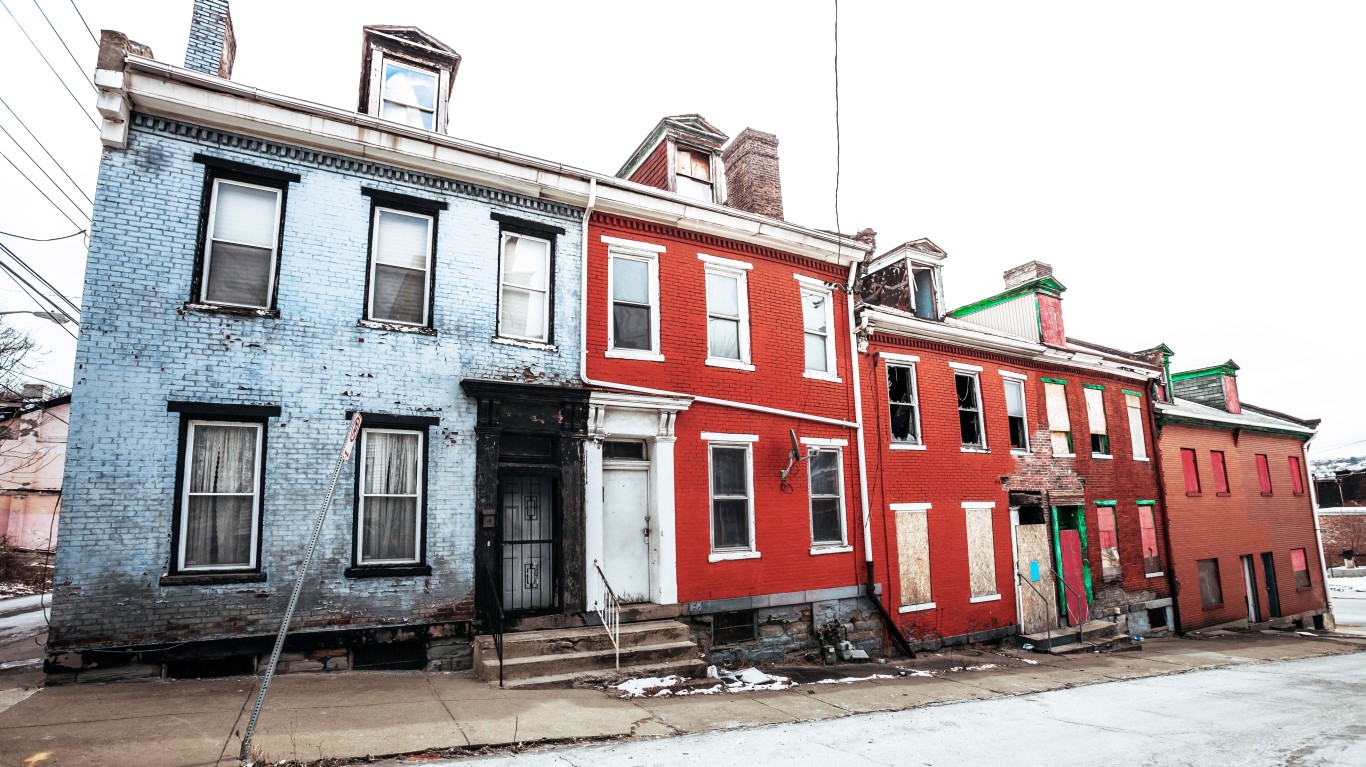

U.S. home prices rose 7.1% in May compared with the same month a year ago, according to data from CoreLogic released Tuesday in the research firm’s Home Price Insights monthly report. The data include sales of distressed properties.
Since the housing market bottomed out in March 2011, the CoreLogic index has risen by 56.8%. As of May, home prices are now 4.8% higher than they were at the April 2006 pre-crash peak.
Month over month, May prices rose 1.1%, including distressed home sales. CoreLogic expects housing prices to rise by 5.1% year over year by May 2019 and to increase by 0.3% month over month in June 2018.
CEO Frank Martell noted:
The CoreLogic consumer research demonstrates that, despite high home prices, renters want to get out of their rental property and purchase a home. Even in the most expensive markets, we found four times as many renters looking to buy than homeowners willing to sell. Until more supply becomes available, we will continue to see soaring prices in cities such as Denver, San Francisco, and Seattle.
Chief Economist Frank Nothaft added:
The lean supply of homes for sale is leading to higher sales prices and fewer days on market, and the supply shortage is more acute for entry-level homes. During the first quarter, we found that about 50 percent of all existing homeowners had a mortgage rate of 3.75 percent or less. May’s mortgage rates averaged a seven-year high of 4.6 percent, with an increasing number of homeowners keeping the low-rate loans they currently have, rather than sell or buy another home that would carry a higher interest rate.
Including distressed sales, home prices rose the most year over year in Washington (12.8%), Nevada (12.4%), Idaho (11.2%) and Utah (10.9%).
Through May, 26% of the top 100 metropolitan areas were undervalued and 34% were at value. When looking at only the top 50 markets based on housing stock, 52% were overvalued, 14% were undervalued and 34% were at value. CoreLogic defines an overvalued housing market as one in which home prices are at least 10% higher than the long-term, sustainable level, while an undervalued housing market is one in which home prices are at least 10% below the sustainable level.
Among U.S. metro areas, Las Vegas has posted the largest year-over-year index gain, up 12.4%. Seattle is up 11.4%, Denver is up 8.6% and Los Angeles is up 8.2% to round out the top 5.
See CoreLogic’s May report for more detail.
Essential Tips for Investing: Sponsored
A financial advisor can help you understand the advantages and disadvantages of investment properties. Finding a qualified financial advisor doesn’t have to be hard. SmartAsset’s free tool matches you with up to three financial advisors who serve your area, and you can interview your advisor matches at no cost to decide which one is right for you. If you’re ready to find an advisor who can help you achieve your financial goals, get started now.
Investing in real estate can diversify your portfolio. But expanding your horizons may add additional costs. If you’re an investor looking to minimize expenses, consider checking out online brokerages. They often offer low investment fees, helping you maximize your profit.
Thank you for reading! Have some feedback for us?
Contact the 24/7 Wall St. editorial team.
 24/7 Wall St.
24/7 Wall St.


